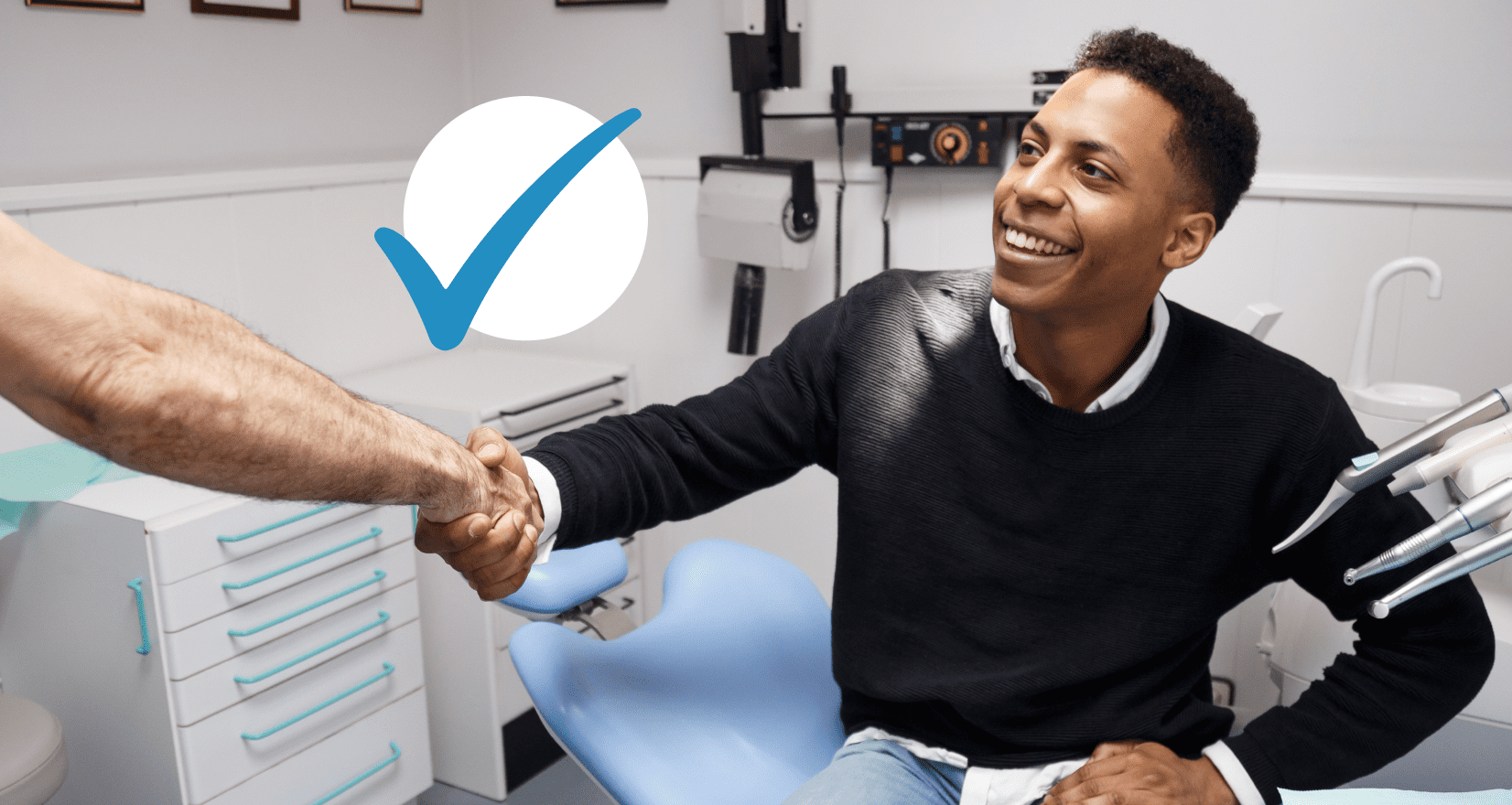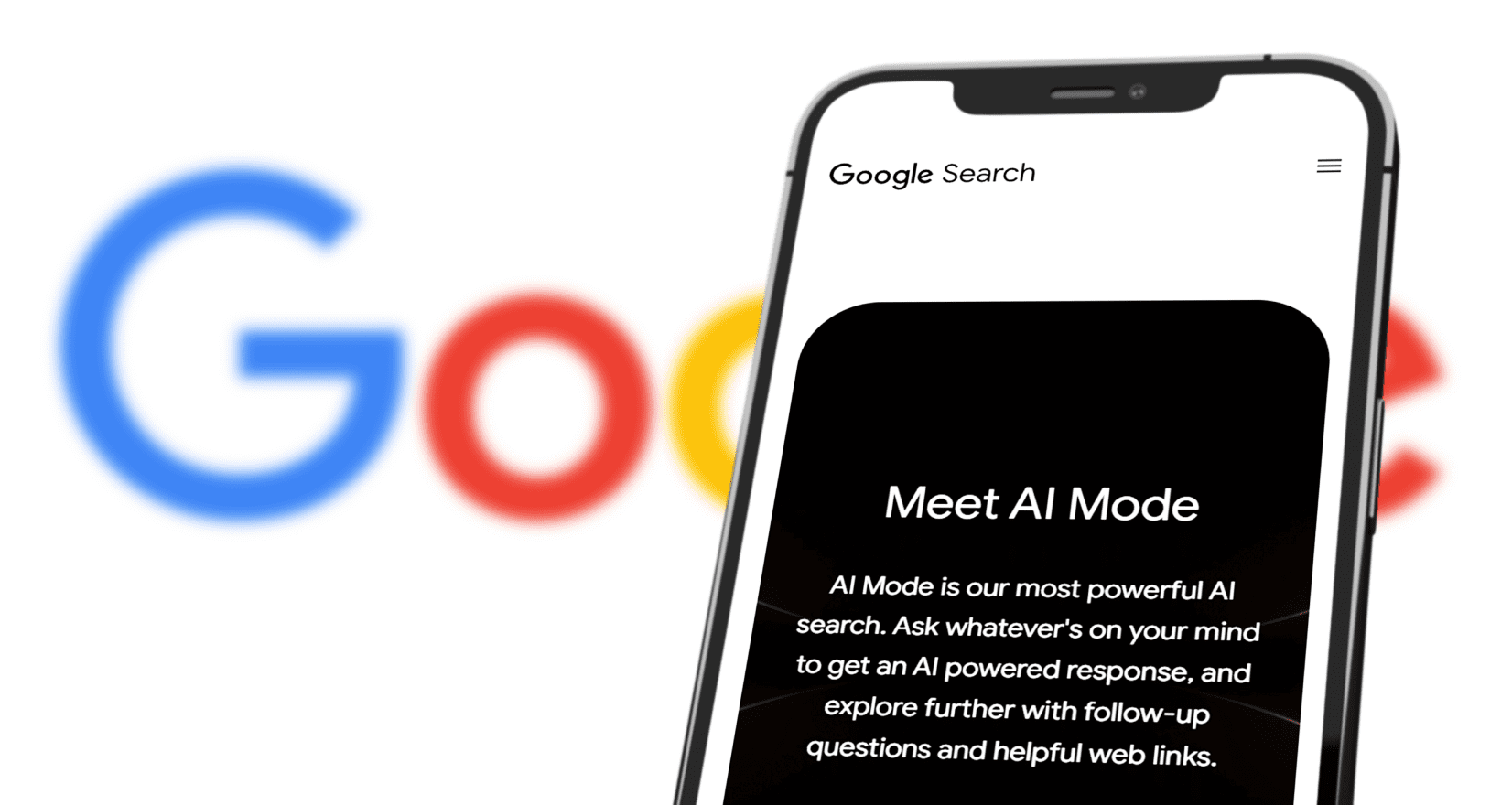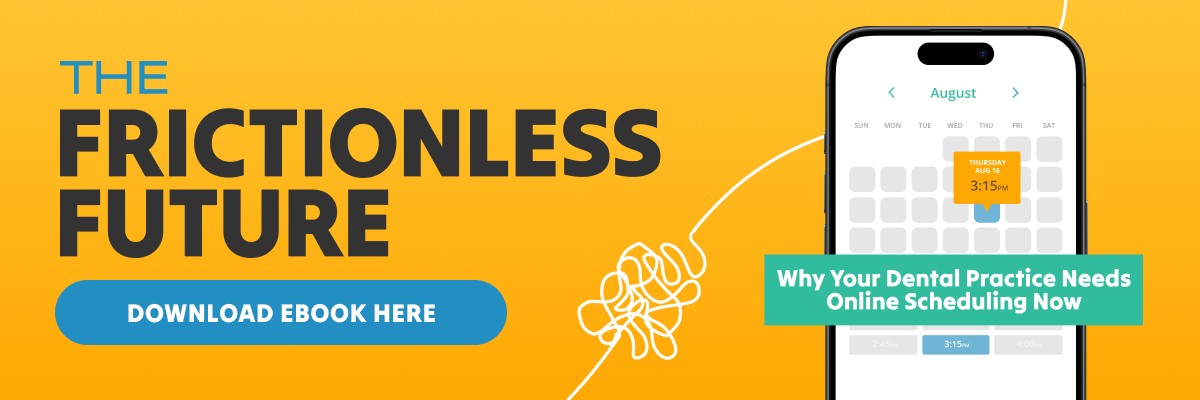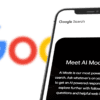
Dental PPC Advertising: Get New Patients!
Looking to fill your schedule with more of the right patients—fast? Dental PPC advertising might be the most efficient way to do it. By running ads on platforms like Google and Bing, your practice can appear exactly when someone is searching for services like “emergency dentist near me” or “Invisalign consultation.” No waiting, no guessing, just targeted visibility when and where it matters.
In this guide, you’ll learn how to use dental PPC advertising to drive immediate traffic, convert more patients, and grow your practice with precision and control.
Table of Contents
- What is PPC Advertising for Dentists?
- Why Dental Practices Need PPC Advertising
- Keyword Strategy for Dental Practices
- Crafting Compelling Ad Copy
- Why Bing Matters for Dental PPC Advertising
- Landing Page Optimization
- Conversion Tracking and Analytics
- Common Pitfalls in Dental PPC Advertising
- Budget Considerations
- Smart, Scalable Growth with Dental PPC Advertising
- FAQ
What is PPC Advertising for Dentists?
PPC stands for pay-per-click, a digital advertising model where you only pay when someone clicks on your ad. With dental PPC advertising, you can show your practice at the top of Google or Bing search results when potential patients look for services you offer.
Whether it’s “same-day crowns,” “pediatric dentist in [city],” or “toothache help,” your ad appears instantly, driving traffic to your site and calls to your front desk. It’s one of the fastest ways to attract new patients actively searching for care.
Why Dental Practices Need PPC Advertising
Digital dental marketing is more competitive than ever, with many practices investing in strategies that bring in more patients and boost rankings in search results. Dental PPC advertising puts your practice in front of high-intent patients at the exact moment they’re searching for care.
It’s fast, measurable, and targeted, allowing you to reach the right audience without wasting budget. For practices looking to drive immediate traffic and fill their schedules quickly, PPC is an essential part of the dental marketing mix.
Immediate Visibility
With dental PPC advertising, your practice can appear at the top of search results the same day your campaign launches. Though dental SEO is a critical part of marketing, it can take months. PPC delivers instant exposure—perfect for urgent services, new-patient specials, or filling schedule gaps quickly.
Precision Targeting
To get the most bang for your buck, you want to target the right audience. PPC allows you to fine-tune exactly who sees your ads based on:
- Geographic Areas: Target by city, ZIP code, or radius around your office.
- Demographics: Adjust by age, gender, income, and household status to target patients, especially if you’re running specialty dental ads.
- Search Intent: Show up only when someone’s actively looking for services like “emergency dentist” or “cosmetic veneers.”
- Scheduling Capabilities: Run ads during your office hours or at high-converting times to catch patients when they’re most likely to book.
Cost-Effective Patient Acquisition
Because you only pay for clicks, dental PPC advertising keeps your marketing spend efficient. With well-targeted campaigns and optimized landing pages, your cost per lead stays low, and your return on investment stays high.
Keyword Strategy for Dental Practices
Every successful PPC dental campaign starts with smart keyword choices. Your ads should match the exact phrases your ideal patients are typing into Google or Bing.
Here’s how to build your list:
- Broad service keywords: These include general terms like “dentist near me” or “dental implants.”
- Specific procedure keywords: Target services like “teeth whitening in [city]” or “Invisalign consultation downtown.”
- Patient concern keywords: Think “toothache help,” “sensitive teeth,” or “fix chipped tooth.”
- Negative keywords: Filter out irrelevant clicks (e.g., “free dental school” or “DIY whitening”) to avoid wasting budget.
Crafting Compelling Ad Copy
Strong keywords get you visibility, but your ad copy turns clicks into patients.
- Address concerns clearly: Speak to what patients care about—pain relief, fast service, affordability.
- Highlight unique offerings: Mention things like evening hours, sedation options, or same-day crowns.
- Use persuasive CTAs: “Book Online Now,” “Schedule a Free Consultation,” or “Call Today” work better than vague buttons.
- Build trust fast: Add social proof like “500+ 5-star reviews” or “Serving [city] since 2008.”
Why Bing Matters for Dental PPC Advertising
While Google dominates search, Bing shouldn’t be ignored, especially for dental PPC campaigns. It powers search for Microsoft Edge, Yahoo, and many voice assistants, giving you access to a slightly older, often more affluent audience.
Benefits of advertising on Bing:
- Lower cost-per-click compared to Google Ads
- Less competition in local dental markets
- Access to users who may not use Google at all
- Easy to import Google Ads campaigns directly into Bing Ads
For dentists, that means more leads at a lower cost with very little extra setup. Bing is a hidden gem in your dental PPC strategy.
Landing Page Optimization
Getting a patient to click on your ad is just the first step. If your landing page isn’t optimized, potential patients bounce and you pay for nothing. A great dental PPC landing page should:
- Load fast on desktop and mobile (under 3 seconds is ideal)
- Be mobile-friendly with easy navigation and tap-to-call buttons
- Include clear, benefit-focused content about the service being advertised
- Feature simple contact forms or online booking widgets
- Offer immediate value—like new patient specials or free consultations
The more friction-free the experience, the more likely that click turns into a patient, and the stronger your dental branding becomes.
Conversion Tracking and Analytics
If you can’t measure results, you can’t improve. Set up proper tracking to monitor:
- Cost per lead
- Conversion rate (click to contact)
- Patient acquisition cost
- Campaign performance by keyword or ad group
Tracking helps you double down on what works and quickly fix what doesn’t.
Common Pitfalls in Dental PPC Advertising
Even small missteps in PPC can waste your budget and bring in zero patients. Here are some of the biggest mistakes dental practices make:
- Using broad, unfocused keywords that attract irrelevant clicks (e.g., “dental school”)
- Skipping negative keywords, which leads to budget-draining searches
- Sending traffic to your homepage instead of a tailored landing page
- Inconsistent messaging between your ad and dental website, causing confusion and drop-offs
- Not monitoring campaigns regularly, which means missed optimization opportunities
Avoid these, and your PPC dollars go further, bringing in real, ready-to-book patients.
Budget Considerations
You don’t need a massive budget to start seeing results from dental PPC advertising! You just need a smart one.
Here’s how to approach it:
- Start conservatively: Many practices begin with $500–$2,000/month, enough to test and optimize.
- Scale based on performance: As you identify what’s working increase spend there.
- Distribute across campaigns: Split your budget by service type or location for more control and clarity.
- Review regularly: Adjust spend monthly based on results like cost per lead and appointment volume.
Smart, Scalable Growth with Dental PPC Advertising
Dental PPC advertising is one of the fastest, most effective ways to bring new patients through your doors. With the right keywords, targeted ads, and optimized landing pages, your practice can show up exactly when people are searching for the services you offer.
But here’s the truth: PPC isn’t plug-and-play. It takes constant adjustment, expert strategy, and close tracking to get the best return on your investment.
That’s where My Social Practice comes in. We build, manage, and optimize your PPC campaigns so you get results without the learning curve or wasted spend. Want more patients? Let’s launch ads that make it happen.
Frequently Asked Questions
How much should a dental practice spend on PPC advertising?
Most dental practices start seeing results with a monthly PPC budget between $500 and $1,500. The right amount depends on your goals, competition, and services. High-value procedures like implants or Invisalign may require more aggressive bidding, but they also deliver a higher return. Start small, test, and scale based on results.
Which is better for dentists—Google Ads or Bing Ads?
Google Ads is the most widely used and typically delivers the most traffic, but Bing Ads can be a smart secondary channel. Bing has lower competition, often lower cost-per-click, and a user base that includes older and more affluent demographics. The best results often come from running campaigns on both platforms with adjusted strategies. An experienced dental marketing company can help you determine where to spend those dollars.
How long does it take to see results from Dental PPC Advertising?
You can start seeing clicks and leads within days of launching a campaign. However, true optimization—where cost-per-lead drops and conversion rates improve—can take 2–4 weeks of testing, refining keywords, and adjusting ad copy or landing pages. Dental PPC offers fast visibility, but lasting success comes from consistent management.
About the Author: Megan Nielsen is an SEO strategist and the Grand Overlord of copywriting at My Social Practice. My Social Practice is a dental marketing company that offers a full suite of dental marketing services to thousands of dental practices throughout the United States and Canada.


![[Byte Sized Podcast Ep. 31] The Death of DIY Dental Marketing: Why Even Social Media Experts Are Hiring Out - Dental PPC advertising - My Social Practice - Helping dental practices find new patients My Social Practice - Helping dental practices find new patients - Dental PPC advertising](https://mysocialpractice.com/wp-content/uploads/2026/02/byte-sized_ep31.png)





![[Byte Sized Podcast Ep. 31] The Death of DIY Dental Marketing: Why Even Social Media Experts Are Hiring Out - Dental PPC advertising - My Social Practice - Helping dental practices find new patients My Social Practice - Helping dental practices find new patients - Dental PPC advertising](https://mysocialpractice.com/wp-content/uploads/2026/02/byte-sized_ep31-100x100.png)

![[Byte Sized Podcast Ep. 30] AI in Dentistry: Why Brand Meaning Beats SEO in 2026 Feat. Reid Holmes - Dental PPC advertising - My Social Practice - Helping dental practices find new patients AI search, AI in dentistry](https://mysocialpractice.com/wp-content/uploads/2026/02/byte-sized_ep30-100x100.png)